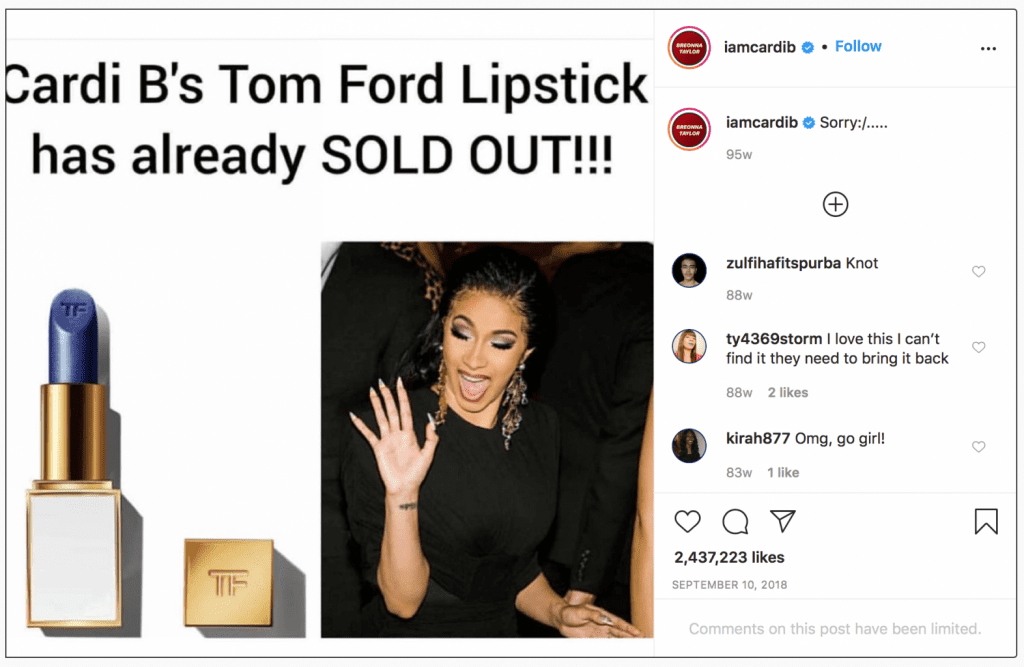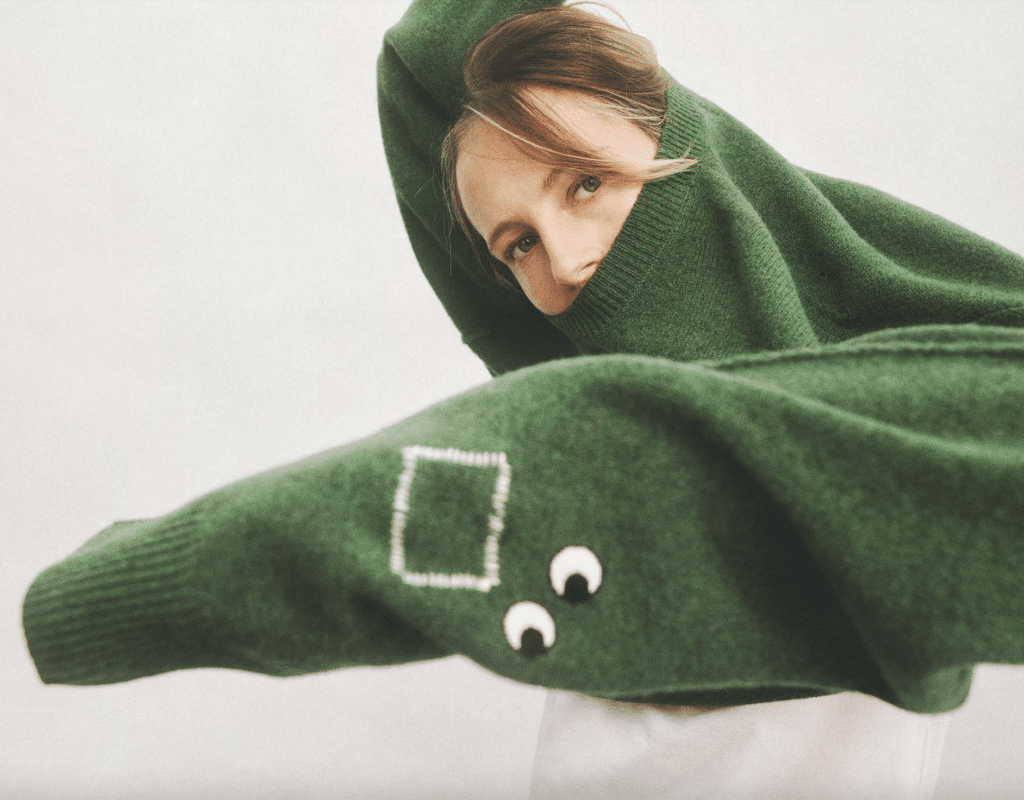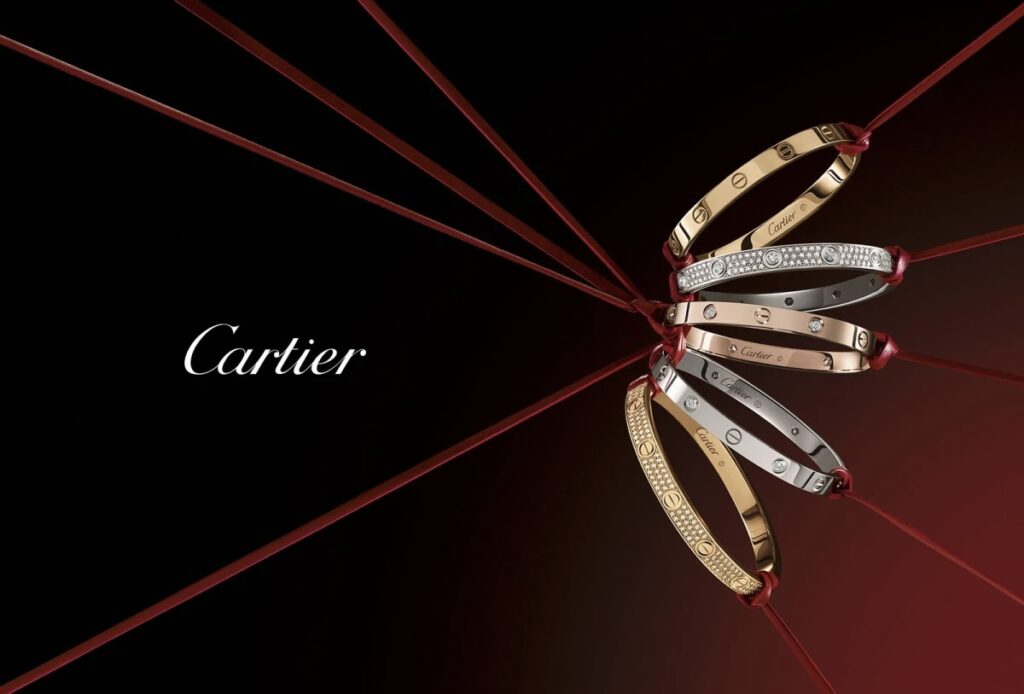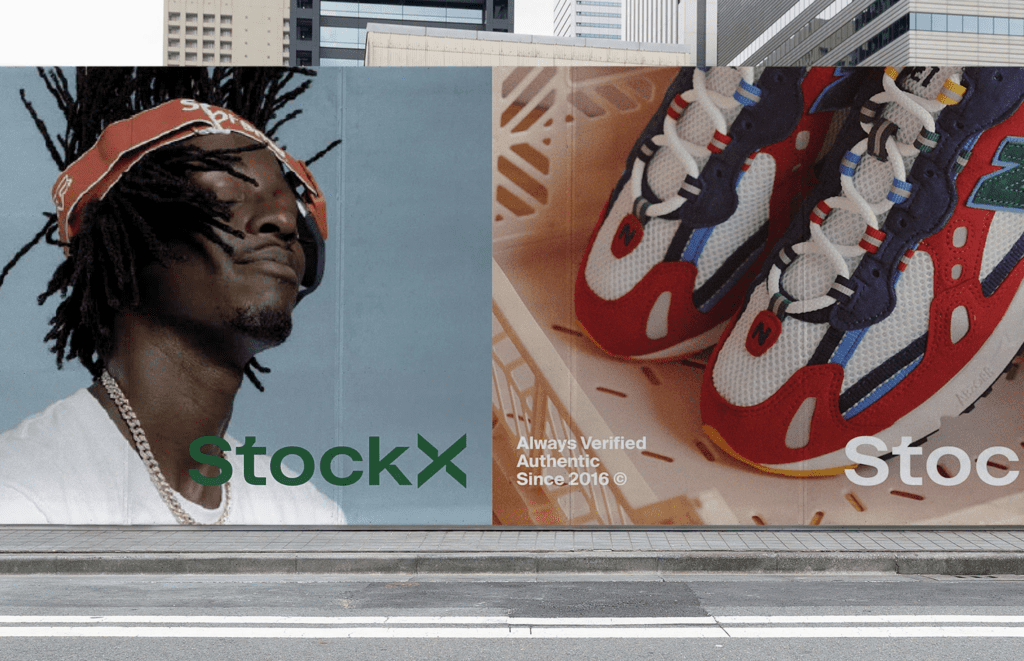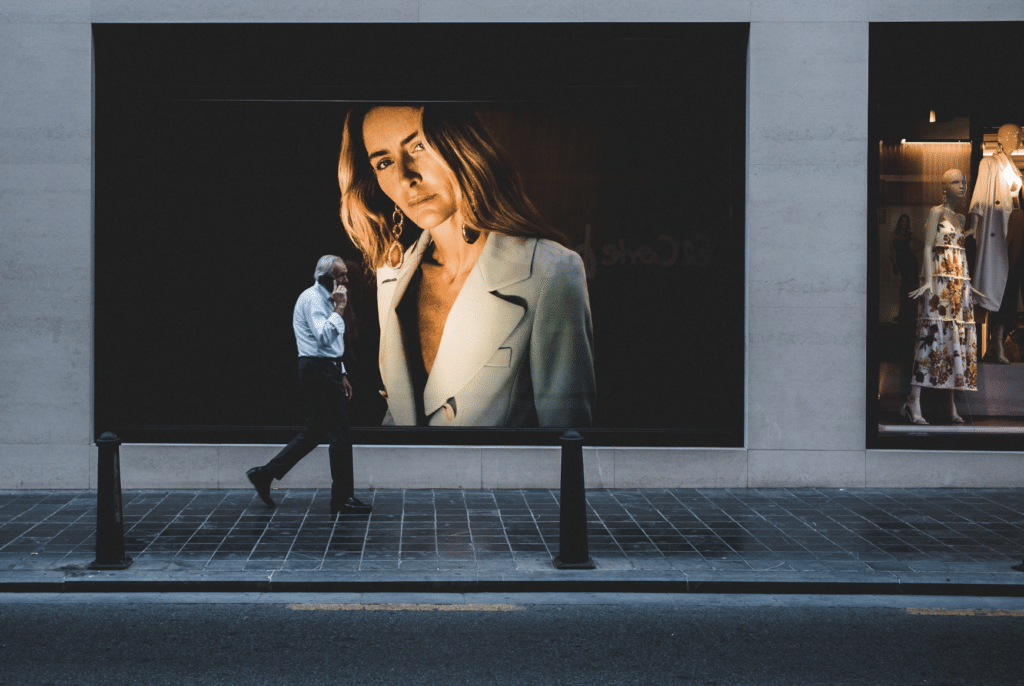Back in September 2019, Tom Ford and Cardi B made headlines when the famed fashion designer revealed that he would name a shade of lipstick from his cosmetics collection after the rapper. Amid the frenzy of New York Fashion Week and a headline-making eruption in the then-ongoing feud between Cardi B and fellow rapper Nicki Minaj, Ford released the deep blue-hued “Cardi” lipstick, and it sold out within 24 hours. In a nod to the buzzy new lipstick, XXL published an article on its site detailing how Cardi B had “Partner[ed] with Tom Ford for [a] New Lipstick Shade.”
At the bottom of the article – which documented “the latest shade in Tom Ford’s Lips & Boys collection,” and consumers’ general responses to Cardi’s name being included in the collection alongside the likes of Julianne (Moore), Cristiano (Ronaldo), Bella (Hadid), and Naomi (Campbell), among others – XXL embedded three images from Instagram. One of those images, a photo of Cardi B sitting front row at Tom Ford’s NYFW runway show, ended up landing the publication on the receiving end of a copyright infringement lawsuit, and as of last month, XXL has prevailed.
As it turns out, when XXL embedded an Instagram post that Cardi B had published, which featured the photo of Cardi at the Tom Ford show next to a photo of the blue lipstick, and a headline about how her Tom Ford lipstick had “already sold out!!!,” it was embedding an image that Rebecca Fay Walsh had taken without the New York-based photographer’s authorization to do so.
Pointing to the photo of Cardi at the Tom Ford show and a subsequently issued copyright registration for the photo, Walsh filed a copyright infringement suit against XXL’s owner Townsquare Media. In her May 2019 complaint, Walsh asserted that during the week-long fashion event, “She captured numerous photographs of Cardi B” – including ones of her at the Tom Ford show – “and then made them available for license through Getty Images, a stock photography agency.”
However, instead of licensing the photo from Getty, XXL included Cardi B’s Instagram post (which contained the photo) within its article, resulting in what Walsh characterized as an “unlicensed publication” of her photo, and thus, copyright infringement.
Fast forward to June 2020 and following several rounds before the U.S. District Court for the Southern District of New York, Judge Vernon Broderick granted Townsquare’s motion for judgment on the pleadings on the basis that XXL’s “publication of the photograph constituted fair use.”
Looking at the four factors used to determine if a use is fair, and thus, enables the defendant to escape copyright infringement liability, Judge Broderick paid special attention to the first factor – which centers on “the purpose and character of the use” of the image, noting that “the critical inquiry is whether the new work” – i.e., XXL’s use of the image – “uses the copyrighted material itself for a purpose … different from that for which it was created.”
“While the Copyright Act suggests that use of a copyrighted work for news reporting purposes is likely to constitute fair use, ‘a news reporting purpose by no means guarantees a finding of fair use,’” he stated. “For example, it is not fair use to republish a photograph of a celebrity or public figure intended to generically accompany an article about that person or to describe the event depicted in the photograph.”
That is not what is going on here, though, according to Broderick, who stated that “this factor favors [Townsquare] because the article uses the photograph for an entirely different purpose than originally intended.” While “the photograph was taken [by Walsh] to ‘depict Cardi B at Tom Ford’s fashion show,’” XXL did not publish the photo “simply to present its content.” In other words, the publication “did not use the photograph as a generic image of Cardi B to accompany an article about Cardi B or as an image of her at Tom Ford’s fashion show alongside an article about the fashion show.”
Instead, the judge determined that XXL “published the post, which incidentally contained the photograph, because the post—or, put differently, the fact that Cardi B had disseminated the post—was the very thing the article was reporting on.” In reality, XXL “published the post in order to provide readers with the original social media interactions reported on by the article,and included the photograph as a necessary part of the post.”
As such, “The photograph’s function was wholly ‘transform[ed] in [its] new context’ … and as a result, the article’s publication of the post in no way ‘merely supersedes’ the original work,” according to the court, which also asserted that the fact that [XXL’s] article did not include any “commentary or criticism” about Cardi B’s Instagram post “does not undermine this conclusion, [as] commentary or criticism is not required to render a use transformative where ‘the two works ha[ve] different messages and purposes.’”
After reviewing the other three fair use factors (the nature of the work, the portion of the work used, and the potential market for or value of the work), Judge Broderick determined that they also favored Townsquare, and that the publisher’s “use was transformative [and] reasonable, the work was already published, and there is no plausible risk to any market for licensing of the original work.” As such, the court found that XXL’s use of Walsh’s photo (by way of Cardi’s Instagram post) amounts to fair use, and ordered that the case be dismissed.
The case comes as a number of social media-centric, embedded photo lawsuits have found their way into court, and have been the subject of mixed – and at times, conflicting – decisions within the U.S. District Court for the Southern District of New York. As Frankfurt Kurnit Klein & Selz PC’s Matthew Samet notes, the outcome in this case is at odds with the one in McGucken v. Newsweek LLC, in which SDNY Judge Katherine Failla found that Newsweek’s embedding of a photo of a lake taken by Elliot McGucken’s within an article about that same lake did not amount to fair use.
Given such conflicting decisions on fair use, Samet says that a “defendant’s purpose in using the copyrighted photo appears to be the determinative factor due to the nature of an Instagram post.”
*The case is Rebecca Fay Walsh v. Townsquare Media, Inc., 1:19-cv-04958 (SDNY).







